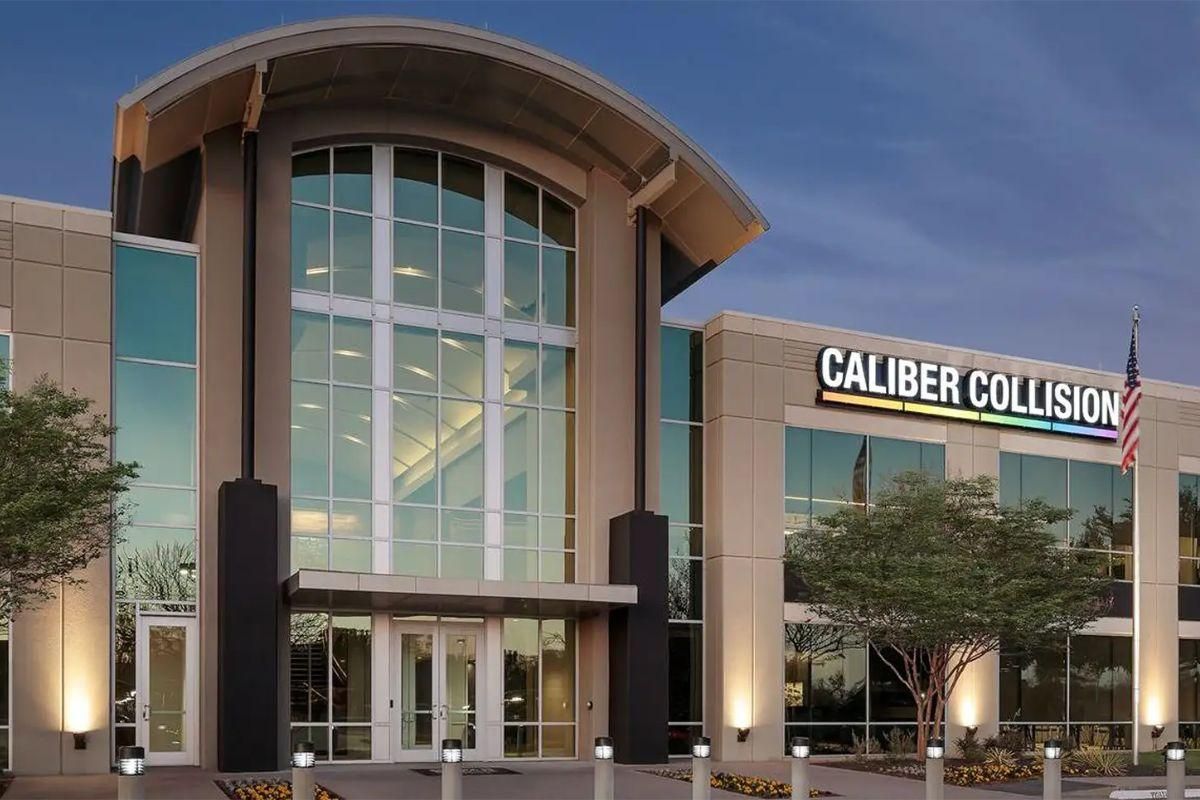Caliber Holdings Inc., the nation’s largest collision repair company, has confidentially submitted a draft registration statement on Form S-1 with the U.S. Securities and Exchange Commission (SEC) for a proposed initial public offering (IPO) of its common stock.
The move, announced July 28, signals a potential shift in the financial landscape of the collision repair industry, as the private equity-backed giant explores becoming a publicly traded entity.
The number of shares to be offered and the price range for the proposed offering remain undisclosed. Caliber anticipates using the proceeds for general corporate purposes, potentially including debt repayment.
Industry Consolidation and Market Dynamics
Caliber’s decision to pursue an IPO highlights the continued trend of consolidation within the fragmented collision repair market. Over the past decade, private equity firms have aggressively acquired independent repair facilities, creating MSOs like Caliber, currently a portfolio company of Hellman & Friedman, Leonard Green & Partners and OMERS Private Equity. This consolidation has been driven by factors such as the increasing complexity of vehicle repairs, the need for significant capital investment in advanced equipment, and the growing influence of insurance companies in steering repair volumes.
For collision shop management, this trend has meant increased competition from larger players with greater economies of scale and often more sophisticated operations.
The move to go public could provide Caliber with greater access to capital markets, potentially fueling further expansion and investment in areas such as ADAS calibration and EV repair capabilities.
Profitability and Operational Efficiency
For independent collision shop operators, the emergence of publicly traded entities like a potential Caliber Collision could intensify competitive pressures related to profitability and workflow. Larger MSOs often benefit from centralized purchasing, streamlined processes, and significant bargaining power with suppliers and insurers.
An IPO would subject Caliber to increased public scrutiny regarding its financial performance, including metrics like gross margins, net income and same-store sales growth. This transparency could offer insights into the financial health and operational strategies of a leading MSO, potentially providing benchmarks for the rest of the industry. Investors will be keen to understand Caliber's strategies for managing repair cycle times, customer satisfaction and insurer relations, all critical components of a collision shop's success.
Staffing and Equipment ROI Challenges
The collision repair industry continues to grapple with a significant shortage of skilled technicians, a challenge that impacts staffing and overall throughput for repair facilities nationwide. This labor constraint can affect a shop's ability to efficiently process vehicles and ultimately its profitability.
Publicly traded companies may have greater resources to invest in recruitment, training programs, and competitive compensation packages to attract and retain talent. This could further exacerbate the staffing challenges for smaller, independent shops.
Furthermore, the rapid evolution of automotive technology, particularly in ADAS and EV platforms, necessitates continuous investment in specialized equipment ROI and training. High costs associated with diagnostic tools, calibration equipment and EV-specific repair bays can be a barrier for many shops.
An IPO could provide Caliber with the capital to accelerate its investment in these areas, potentially widening the technology gap between large MSOs and smaller independent operators.
Future Outlook for the Collision Repair Sector
Caliber Holdings’ confidential IPO filing signals a maturing phase for the consolidators within the collision repair industry. As these large entities seek public investment, the dynamics for the entire ecosystem, from independent shops to parts suppliers and insurers, will likely continue to evolve. The focus on operational excellence, technological adoption, and efficient capital deployment will be paramount for all players. The success of Caliber’s potential IPO could pave the way for other large MSOs to explore similar public offerings, reshaping the competitive landscape and driving further specialization and investment within the auto body repair market.













